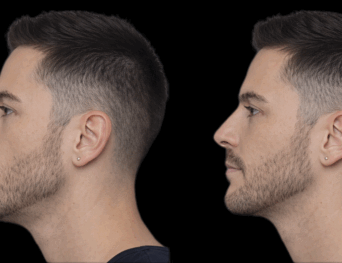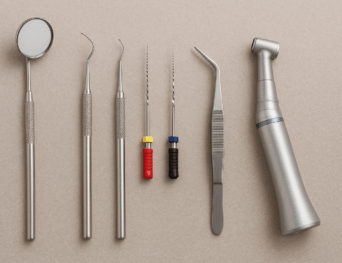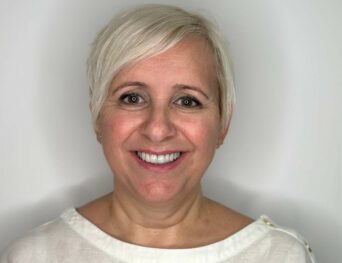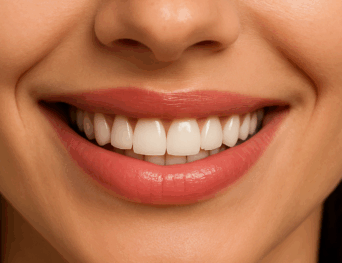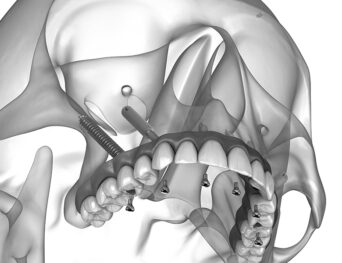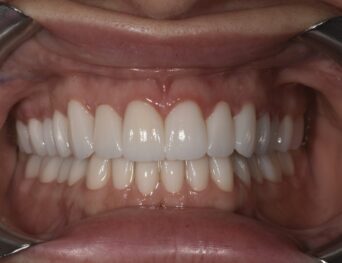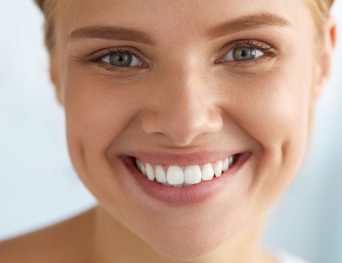Sleep Apnea
Sleep apnea is a potentially serious sleep disorder, in which breathing stops and restarts repeatedly. It is characterized by brief interruptions of breathing during sleep, which partially wake you up in your struggle to breathe. These episodes usually last 10 seconds or more and occur repetitively throughout the night. The next morning, people who suffer from it are not aware of it.
There are some common symptoms that can tell us if we suffer from sleep apnea:
- Loud snoring.
- Episodes in which you stop breathing during sleep (which indicates another person).
- Panting when breathing during sleep.
- Waking up with a dry mouth .
- Headache in the morning .
- Problems staying asleep (insomnia).
- Feeling of excessive sleep during the day (hypersomnia).
- Difficulty paying attention while awake .
- Irritability.
These are some of the causes that cause it:
- The tissues close and block the airway causing apnea.
- Have the lower jaw shorter than the upper jaw.
- Certain forms of the palate or respiratory tract that cause the collapse of the pathway.
- Have a big neck.
- Possess a tongue that can be retracted to block the airway.
- The obesity.
- Have large tonsils or vegetations that can clog the airway.
People with sleep apnea are at greater risk of accidents because their alertness is minimal, caused by fatigue and excessive sleepiness. In addition to causing other health problems such as:
- Liver problems.
- May increase the risk of recurrent heart attack.
- Hypertension.
- May cause stroke and abnormal heartbeat.
- Type 2 diabetes.
- Metabolic syndrome.
- Complications with medications and surgeries.
- High blood pressure or heart problems.
- Irascibility, and depression.
- Concentration difficulties.
- Fatigue during the day.
Children and adolescents with sleep apnea may have behavioral problems or poor school performance.
Sleep apnea is a serious illness, it is important that you receive treatment. These may include changes in lifestyle, oral devices, surgery and breathing apparatus.
The main types of sleep apnea are:
- Obstructive sleep apnea: It is the most common form, it occurs when the throat muscles relax.
- Central sleep apnea: Occurs when the brain does not send signals properly to the muscles that control breathing.
The signs and symptoms of obstructive apnea and central sleep apnea coincide, so it is sometimes more difficult to determine the type of apnea.
In Dávalos & Balboa, you Dental Clinic in Murcia, we are a group of professionals specialized in all areas of dentistry. We have the most advanced technology, we work with the most avant-garde and pioneer laboratories in the field of dentistry. The materials we work with are of the highest quality and last generation.
Therefore, we are very pleased to be able to put the Mandibular Advance Device within your reach.
-
MANDIBULAR ADVANCE DEVICE (MAD):
This type of intraoral treatment consists of a splint that the patient should put on to sleep. This advances the jaw, getting an added drag of the tongue. This ensures that the airways are released and, consequently, snoring and apnea cases are eliminated.

How does it work?
It is a device formed by two splints joined together by a screw whose purpose is to perform the mandibular overtaking, to facilitate the passage of air and eliminate snoring and apneas that occur during the night.
Allowing us to forget uncomfortable masks, tubes and unpleasant noises that do not allow us to fall asleep.
The Mandibular Advance Device is the best solution to return to patients and their families the quality of sleep and the well-being of life that, for a long time, have been deprived.
In Dávalos & Balboa, you Dental Clinic in Murcia, we work for your health and for your most beautiful and healthy smiles.
-
Me ha gustado mucho
Me han tratado muy bien en la clínica dental Dávalos & Balboa.
Manuel Martinez



